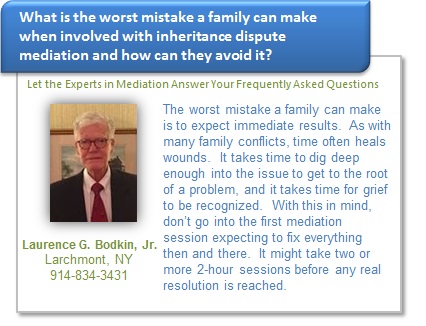
When philosophies and strategies misalign in a business partnership, the cost can be great. The money, time and enormous effort that went into creating the business could be lost, and the financial and emotional welfare of multiple families could be at stake. In fact, if more people were aware of how crucial it is to avoid partnerships in the first place, there would be a lot fewer businesses breaking apart due to miscommunication, misappropriation and misrepresentation.
This can happen in a variety of ways, and between partners who have been friends for years before the business partnership even began. What starts off as a minute detail can turn into an obstacle that seems impossible to overcome. However, regardless of how it begins, it’s how it ends that really counts—and too many disputes end in utter failure of the business. This is why it is so important for business partners to mediate their disputes as quickly as they arise.
Mediation is especially useful for business partnership disputes because it forces business partners to do what they should have done in the first place to avoid the dispute: plan carefully and put it all down on paper. This includes completing signed agreements before any work is done. In that agreement, there should be explicit explanations of each partner’s role, compensation and protections, both for now and in the future when the business grows.
Another approach that mediation takes is risk management—determining the worst-case scenario and how the company will deal with it. This should be the first step business partners take to avoid disputes, both now and in the future. It’s also the way that business partners work their way out of disputes. Having a solid plan for every plausible scenario in the future of the business is a preemptive strike against disputes that could and would easily ruin a company.
Finally, mediation’s approach to finding common values between the disputants is the perfect springboard for beginning any business partnership, before the dispute ever occurs. When partners find their common values and declare their commitments to the company, they have a higher sense of personal responsibility to it. Discussion of the values, beliefs and company culture that each partner imagines helps to clarify any misunderstanding on the front end, and by doing so, assist in avoiding future confrontation down the road that could be detrimental for the business’ success.








